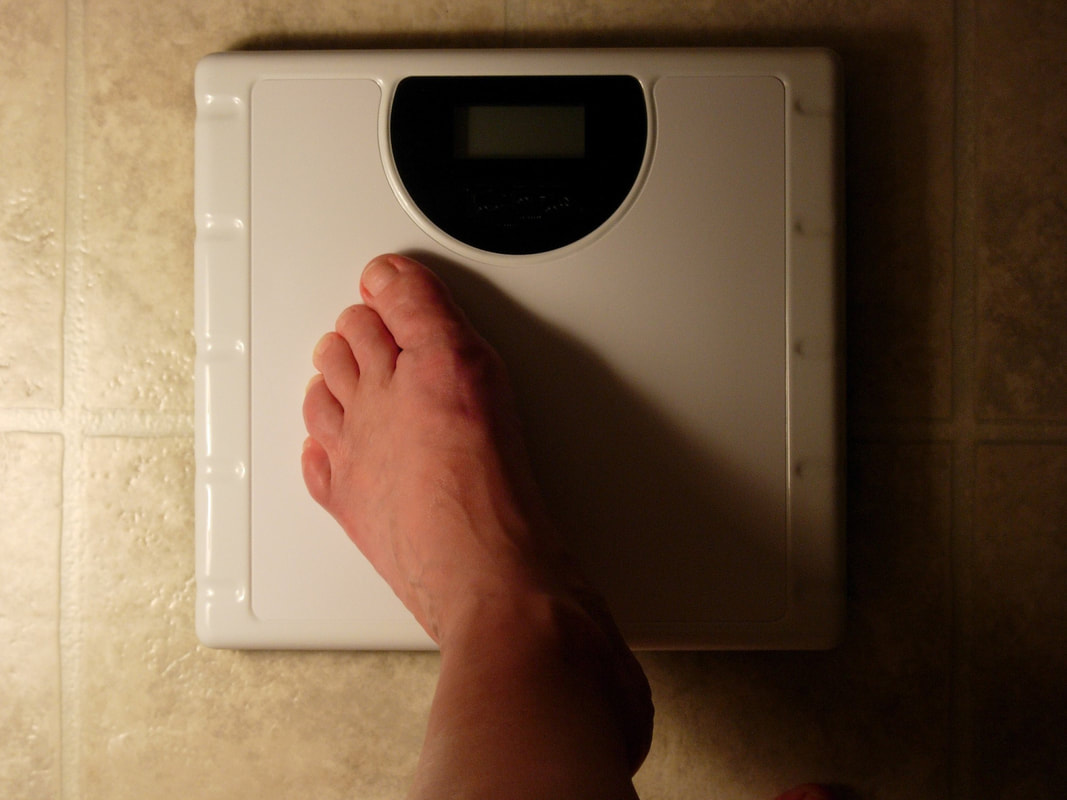|
Consider this: rates of obesity continue to grow at epidemic levels while at the same time weight loss is big business ($68B and growing). If what the weight loss industry promoted actually worked, wouldn't it be reasonable to think that obesity rates should be declining? The problem is that dominant approaches to weight loss are one size fits all, quick fixes known as diets. Most diets are temporary and highly restrictive programs of eating pursued purely for the purpose of losing weight and are unfortunately damaging exercises in futility. Research shows that dieting is ineffective for long term weight loss and maintenance of weight. Most people who lose weight by dieting will regain it after a year. Worse, many regain more weight than they ever lost in the first place. This pattern of weight loss followed by weight gain has been termed “yo-yo dieting” and has been linked to increased risk of obesity, diabetes and cardiovascular disease.
Contributing to these poor results are the abundance of fad diets, overly restrictive and often lacking in essential nutrients. Requiring massive will power, these diets may result in weight loss, but since the behaviour required is not sustainable the rebound in weight is swift. Inevitably, the dieter returns to the poor behaviours that led to the initial weight gain in the first place. Finally, these restrictive diets can take the pleasure away from eating and lead to lifelong disordered eating. If you are going to lose weight and keep it off - you have to address the root causes of weight loss and address the lifestyle behaviors that resulted in weight gain. Rather than restriction, the initial focus of any sustainable and effective approach should be on improving the quality of food in the first place. Healthy eating is all about eating and enjoying real food - not counting calories, points or tracking macros. But what is real food?
There is now clear evidence that eating processed foods leads to increased food consumption and weight gain. Further, when diets do work, they often do so by having people shift from refined, processed, packaged and fast foods to real, whole foods (for more on this here is a previous post). Along with making the shift to whole food eating, other keys to losing weight for the long term are:
Small, sustainable changes go a long way! Finally, understanding your weight loss in context of your history and current health should come first. It is essential that you work with your physician to understand if there are any other potential causes for your weight gain - especially hormonal, metabolic or inflammatory abnormalities. At Wellness Garage, we offer a medically directed lifestyle program for weight management. All medical visits are covered by MSP, for those with a BMI over 30 or a BMI > 27, with an obesity related diagnosis. Our program leverages a personalized, multidisciplinary lifestyle behavior change approach - your care team will consist of a physician, nutritionist, exercise professional and health coach who will get to know you from multiple perspectives and work with you to make lifelong habit changes. Learn more about the Wellness Garage Sustainable Weight Management program and to see if you qualify. |
AuthorDr. Brendan Byrne Categories
All
|

 RSS Feed
RSS Feed
